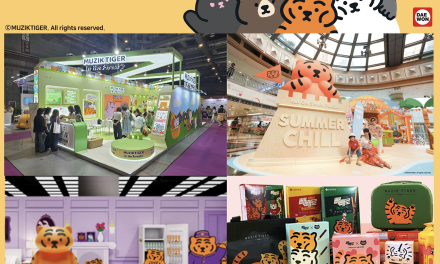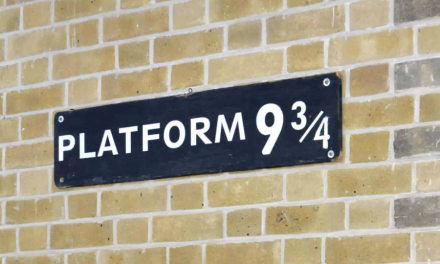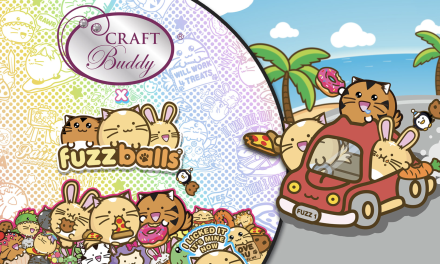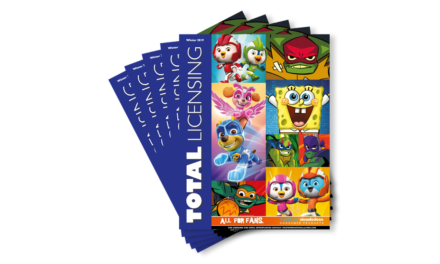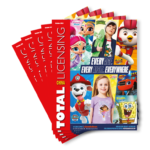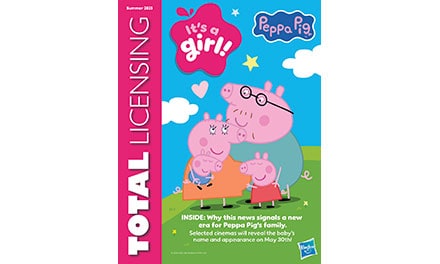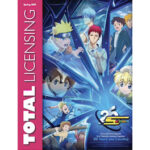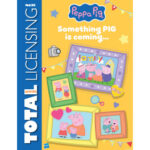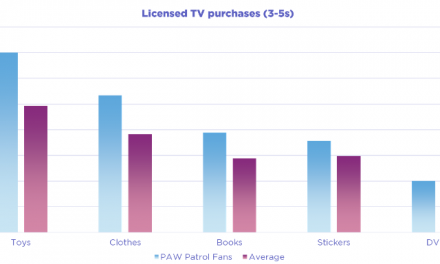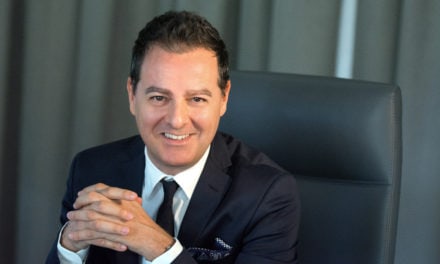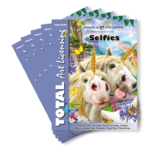
Covid-19 Series: Can We Use the Pandemic as an Opportunity to Press Reset on Children’s Education?
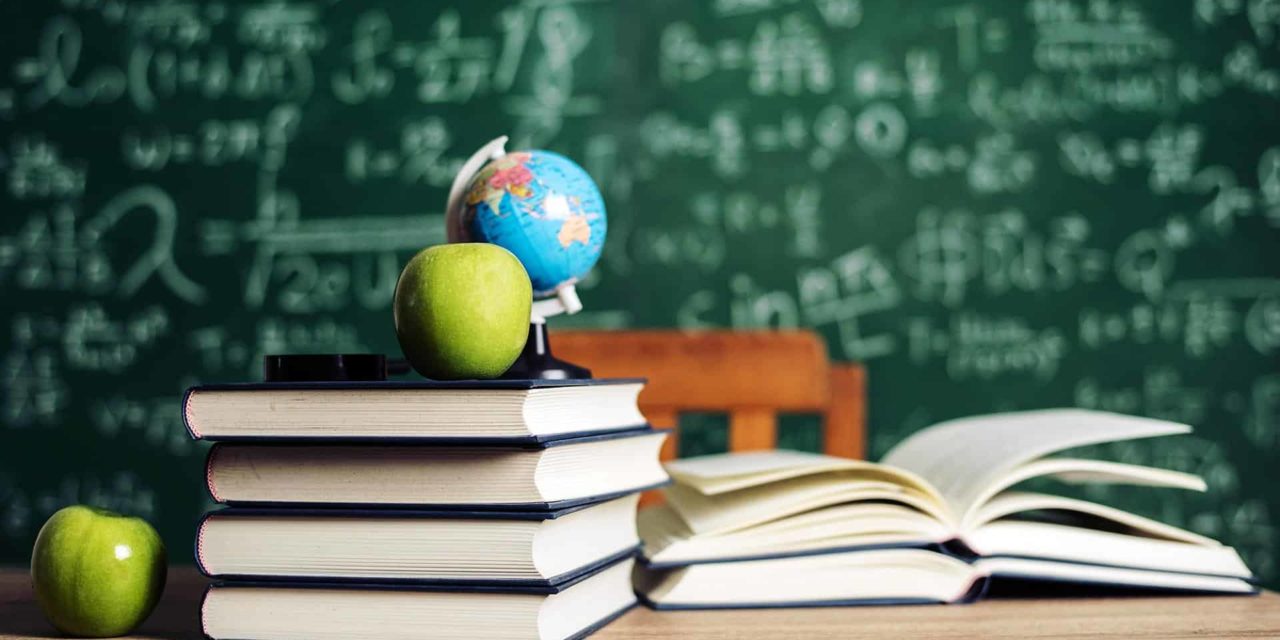
Trudi Bishop poses the question…
The balance of home-schooling and working from home is set to continue for a number of weeks, potentially not ending until the new school year in September.
Luckily for many parents there have been many toy and entertainment companies creating education resources for parents to use with their kids to keep them engaged. The Good Play Guide has an entire Learning Hub available giving a broad range of inspiring activities for parents and kids.
As parents settle into the role of teachers, the core educational focus is shifting from the traditional classroom to the garden and further afield where possible. Bug houses are being built, seeds planted, bird feeders filled, giving our little learners the opportunity to reconnect with nature gaining a new awareness and appreciation of their relationship with the natural world.
This renewed relationship and hopefully renewed respect for nature is a welcome positive outcome of the pandemic. Not only is it positive for creating a rounder education for the young but it also helps with their mental health too. When the children finally return to the classroom, can we then use this as an opportunity to rethink how we educate our young, bringing, as Sweden has done for many years, environmental awareness and sustainable living into the curriculum.
The relationship with nature has been a prominent part of the Swedish culture so it is unsurprising that ecology and conservation has been part of the school curriculum since the 1970’s. Importantly, these have not been limited to a single subject (often science) but are imbedded across all subjects and start in preschool through every level of their education system. Including it in all subjects, encourages citizenship, engagement and perhaps most importantly independent and critical thinking. No wonder then, that it was Sweden who gave us Greta Thurnberg.
New Zealand is also including environmental awareness in their education system, albeit with a more holistic approach. Again, it is not a siloed approach but is across the whole curriculum and all levels of the education system. They wish children to understand the interdependence of all living things, creating an awareness, understanding and sense of responsibility leading to action to take care of our world.
Youth campaigner, Joe Brindle of “Teach the Future” campaign group is demanding a similar overhaul of the UK education system citing he is concerned for children’s mental health due to them “not being told the truth about the climate crisis”.
In an interview with the BBC in February this year, he said, “…it’s the most educated people who are causing the most damage to the planet”. Joe, using the example from the 1958 US National Defence Act which aimed to kickstart STEM education to give America the edge in the space race, shows that “education can be used to solve a difficult problem”.
The problem we face now is the climate crisis. Let’s use lessons learned, the space to pause during the pandemic to rethink how we want our children’s relationship with nature to continue so we can help them help solve this ever-present challenge.
Trudi Bishop is the Founder and Owner of Bee Licensing. You can reach her on trudi@beelicensing.com
